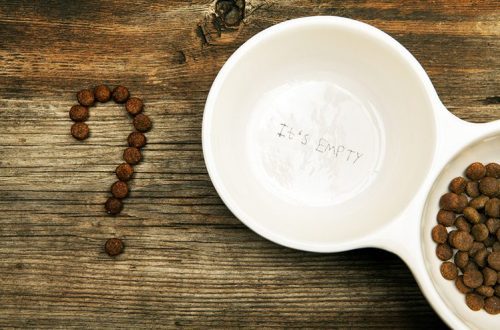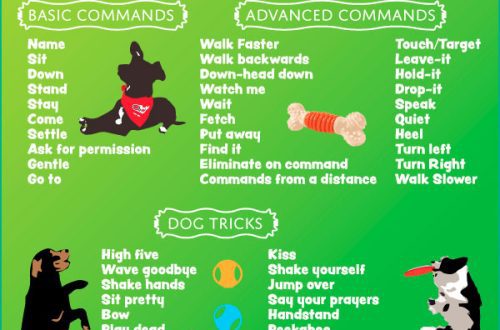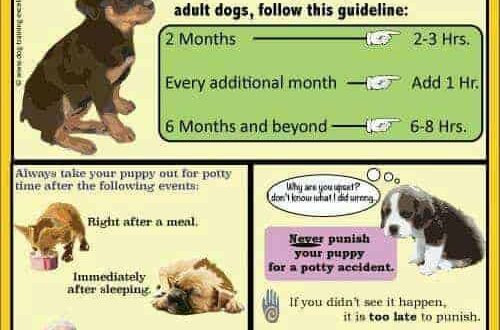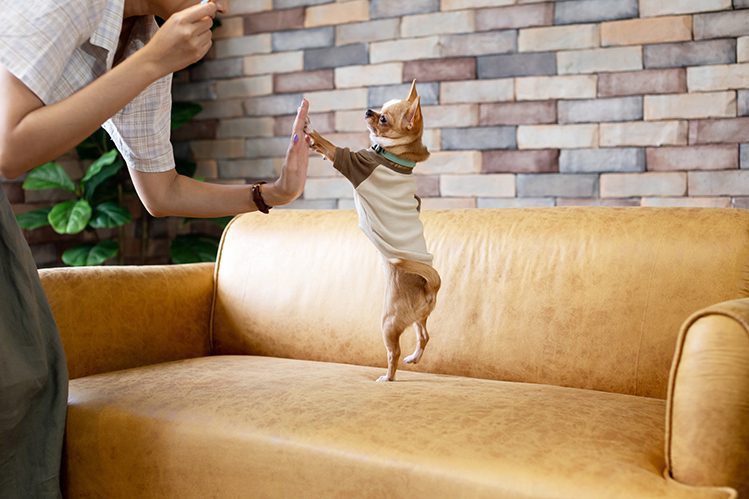
My puppy is 6 months old! What should I know about?
Just look at your puppy! Or would it be more correct to say about an adult dog? Until recently, he was so small and unintelligent, and now he surprises you with new skills and Character with a capital letter? We know it’s not easy with a four-legged teenager. But we will help you find an approach to it. What is he, a 6-month-old puppy, and what you need to know about his upbringing?
1. What commands do I need to know?
At 6 months, the puppy learned all the basic commands (no, fu, come to me, place, sit, lie down, stand, beside, fetch, etc.). Now you can move on to working out more complex commands: “Voice”, “Crawl”, “Wait”, as well as commands given together with gestures.
Teach your puppy behavior in public transport and games with peers. It’s time to learn how to overcome individual obstacles or an obstacle course, and maybe even master agility. But remember that not all dogs benefit from high hurdles. Do not forget to coordinate the load with the veterinarian: it is individual for each pet.

2. What about training?
Everyday commands are education, not training.
Special skills are called training, such as, for example, searching for the owner by a thing or guarding the owner and his property, or executing commands at a distance from the owner. Training also includes tricks and tricks that you can teach your pet.
If special skills are important to you, start teaching your puppy the first basics.
3. I’m already an adult!
6 months is the start of a dog’s puberty. At this time, adults begin to “recognize” your pet as an equal. You may notice increased attention to your pet from other dogs and changes in his character.
Dogs at 6 months often become naughty, restless. They may refuse food, ignore commands, and even show aggression. Often, six-month-old puppies begin to defend their interests on the playground – and fight with other dogs, and not always harmlessly. Do not worry, everything will return to normal soon, but for now this behavior needs to be carefully corrected.
Do not resort to harsh punishments – they will not do any good and will only worsen your relationship with the dog. Instead of being rude, treat your pet with understanding and try to switch his energy to pleasant and safe activities.
Six months is also the time of the first estrus. This period becomes a problem for both the dog and its owner. It is better for novice dog breeders to go through this stage with a veterinarian: he will control the situation and recommend special preparations for the dog to regulate sexual activity. In case of stress and anxiety, it is useful to give the dog safe antioxidants, such as Mexidol Vet: they will support the nervous system and even out behavior.
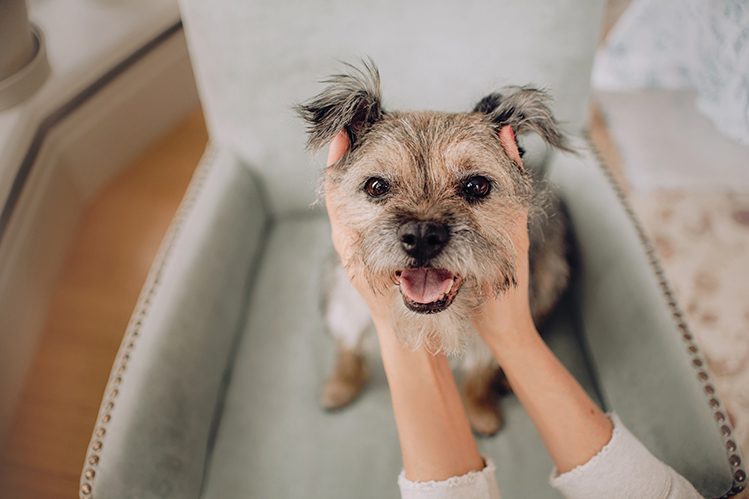
4. Master, I think I’m shedding!
In addition to puberty, at 6-7 months, the puppy also begins the first molt. This is a tough time!
Each dog experiences shedding differently. For some pets, it becomes a real test: it causes itching, discomfort, while others do not notice it at all. There are also breeds that do not shed at all.
Get ready to change your dog’s coat. Choose the right grooming tools and cosmetics for your pet. Not only the beauty and health of your dog depends on proper care, but also the cleanliness of the apartment. If the puppy is not properly cared for, the hair that has fallen out can be everywhere: from clothes and furniture to food in the refrigerator.
5. Well, what are we going to play?
It is very important to direct the energy of a 6-month-old puppy in the right direction. Increase the intensity of physical and intellectual stress, in accordance with the individual characteristics of the pet.
Use new educational toys that the puppy has not played with before. For example, puzzle toys, toys with holes for treats (balls, “snowmen”), fetches and ropes for pulling a non-standard shape. Something that will be new to your dog.
6. I’m growing fast and I need vitamins!
At six months, the puppy continues to develop, and for this he needs a lot of energy and useful vitamins and minerals.
Dogs of small and medium breeds have already reached the size of adult dogs, and puppies of large breeds continue to catch up with their relatives.
Make sure your pet has the right diet. Choose a balanced premium food that suits your dog for its intended purpose (you can not feed a puppy food, for example, for an adult dog or a therapeutic diet – without indications). If you feed a puppy with natural products, be sure to give him a vitamin complex for the development of the musculoskeletal system.
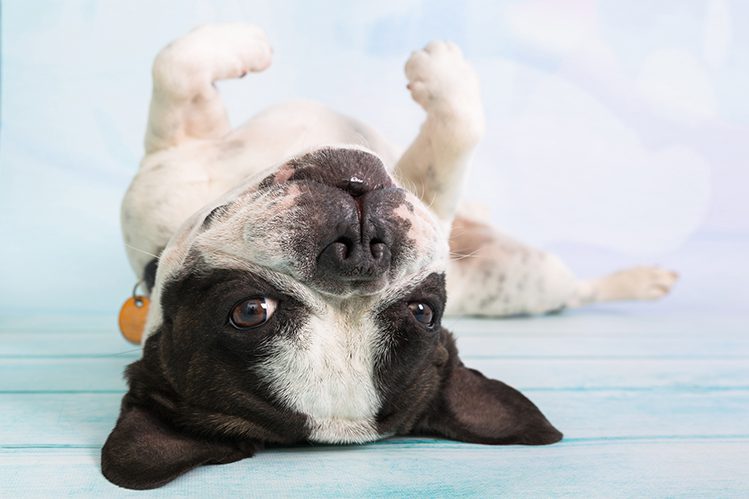
7. Who takes care of my health?
A pet is a responsibility, and its health must always be monitored. Make it a rule to consult a veterinarian not only when a problem occurs, but also as a preventive measure. Believe me, this will help to avoid many problems!
And pets are like children, right? Adolescence can be a difficult time for both. However, if you remain calm and take care of your ward, your relationship will only strengthen.
Love your pets and let them love you back!



